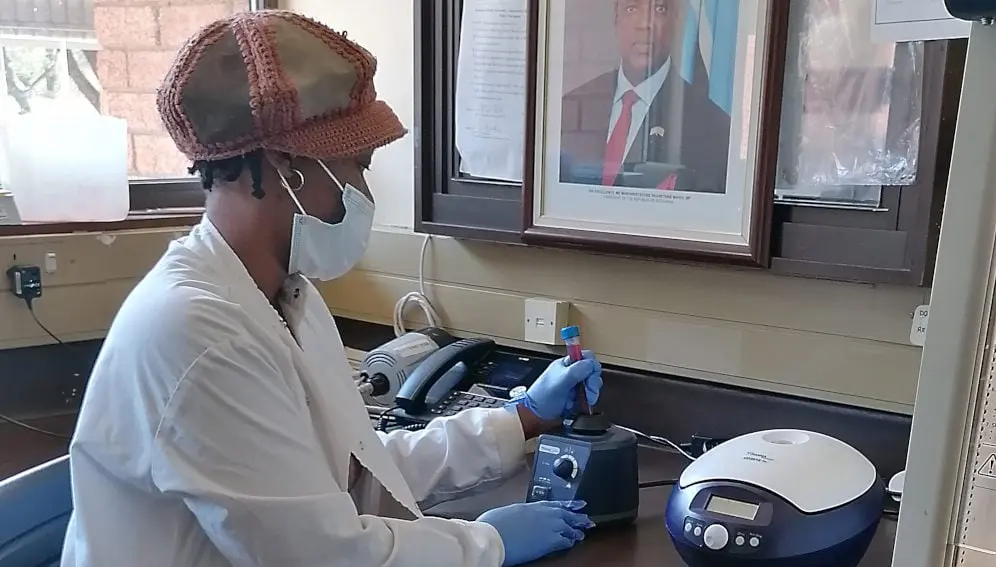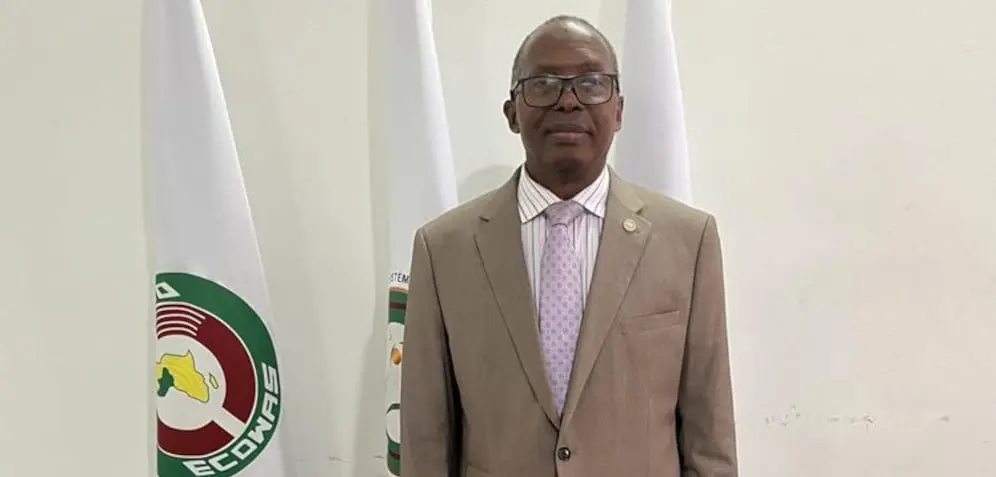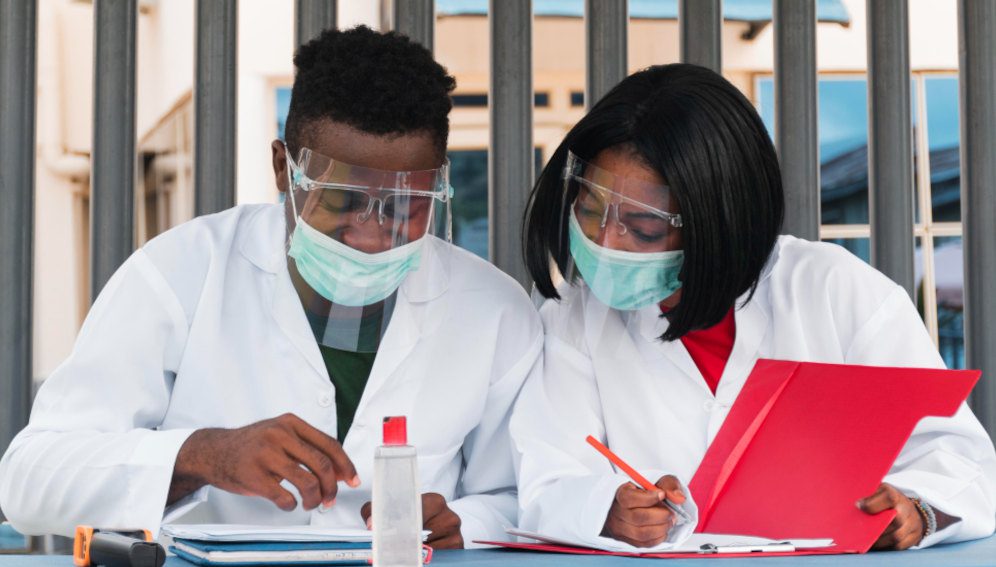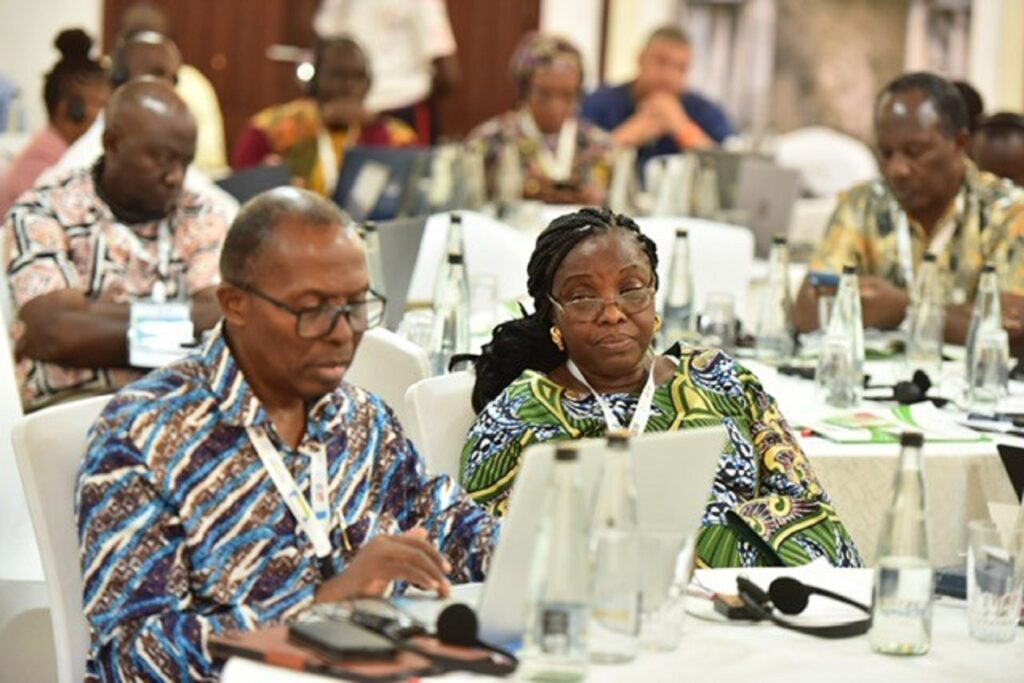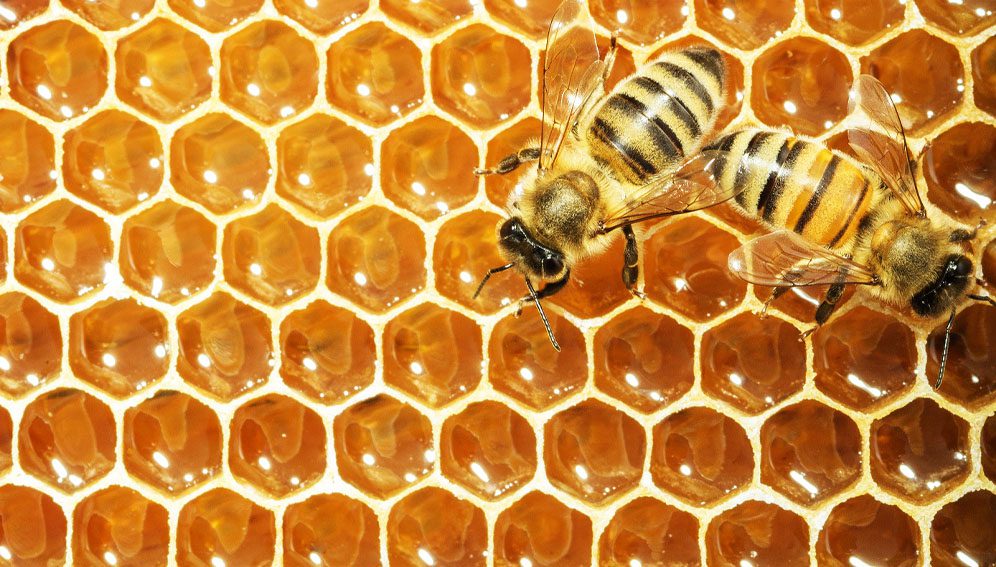Posts Tagged ‘Research’
Namibia, South Africa sign research partnership MoU
The National Commission on Research, Science and Technology (NCRST) Namibia and the National Research Foundation (NRF) South Africa have signed a five-year Memorandum of Understanding (MoU) to strengthen research collaboration between the two countries. The agreement was signed during the 13th annual meeting of the Global Research Council in Riyadh, Saudi Arabia, from 18 May…
Read MoreBotswana’s Commitment to Research: Laying the groundwork for innovation
Although Botswana does not yet have a dedicated science agency, it has demonstrated a strong commitment to research and innovation through active participation in the Science Granting Councils Initiative (SGCI). In this video interview, Lesego Thamae, Deputy Permanent Secretary at the Ministry of Communications, Knowledge and Technology, reflects on the country’s eight-year involvement with SGCI…
Read MoreAn interview with Dr Samba Sesay on how NSTIC -SL is improving the quality of life through science and technology
This video previews the ongoing efforts of the National Science Technology and Innovation Council of Sierra Leone (NSTIC-SL), a young council established in 2020. Dr. Samba Sesay, Programme Implementation Manager, explains that NSTIC-SL’s core mission is to enhance the quality of life for Sierra Leonean citizens through science and technology. The council engages in advocacy,…
Read MoreOne of SGCI’s first members, Malawi, is reaping the rewards
In this interview, Gift Kadzamira, Director-General of Malawi’s National Commission for Science and Technology (NCST), outlines the substantial benefits the country’s research ecosystem has gained through the Science Granting Councils Initiative (SGCI). As an early SGCI member since 2015, Malawi has experienced notable growth and transformation. The initiative has provided essential training that has enhanced…
Read MoreRemoving barriers women in science face is key
This video spotlights the ongoing efforts of the Fonds National de la Recherche et de l’Innovation pour le Développement (FONRID) in Burkina Faso, underscoring its commitment to strengthening research capacity and promoting gender inclusivity. In the interview, FONRID’s Project Leader, Djibril Yonli, discusses how the organization is actively working to dismantle barriers that hinder women’s…
Read MoreSGCI is Strengthening Research Systems in Africa: A Conversation with Cephas Adjei Mensah, Ghana
African countries are increasingly leveraging regional collaboration to strengthen their research systems and drive socio-economic progress, inspiring hope for the future of the African science community. In an exclusive video interview, Cephas Adjei Mensah, Director for Research, Statistics, and Information Management at Ghana’s Ministry of Environment, Science, Technology, and Innovation (MESTI), discusses how Ghana and…
Read More‘Jolly Frier’ promises healthy future for garri makers
[LAGOS] Nigerian researchers have created a hybrid gas- and solar-powered device that automates the production of the Nigerian staple garri, improving efficiency and reducing health risks for producers. Garri, a granular flour made from cassava, is usually produced using a wood burning stove. This puts those who make it – mostly women and girls –…
Read MorePartnerships key to collaborating for impactful outcomes: A Conversation with Abraham Mathodi, Botswana
African scientists are trying to elevate their global presence through innovative partnerships. Copyright: Image by Freepik In an exclusive video interview, Abraham Mathodi, Acting Deputy Director of Botswana’s Ministry of Communications, Knowledge and Technology, discusses the crucial role of partnerships in addressing Africa’s challenges through science. He explains how Botswana benefits from the Science Granting Councils…
Read MoreSupporting Science Granting Councils to fund and manage research and innovation projects
The Science Granting Councils in Africa are national agencies responsible for funding and promoting research and innovation. Above all, they support scientific development. They do this by allocating resources, fostering collaboration and strengthening research capacities across Africa. Their aim is to boost scientific output and innovation to address societal challenges. In this blog, we review…
Read MoreUganda unlocks value from honey by-product
[GABORONE] When Joel Mukwaya, a biologist and post-graduate student at Uganda’s Makerere University, discovered the immune-boosting benefits of tea made from a honey-by product, he immediately sent some to his grandmother. The tea was made with propolis—a resin-like substance bees use when building their hives “I know of propolis tea’s immune-boosting properties and appetite enhancement,”…
Read More

